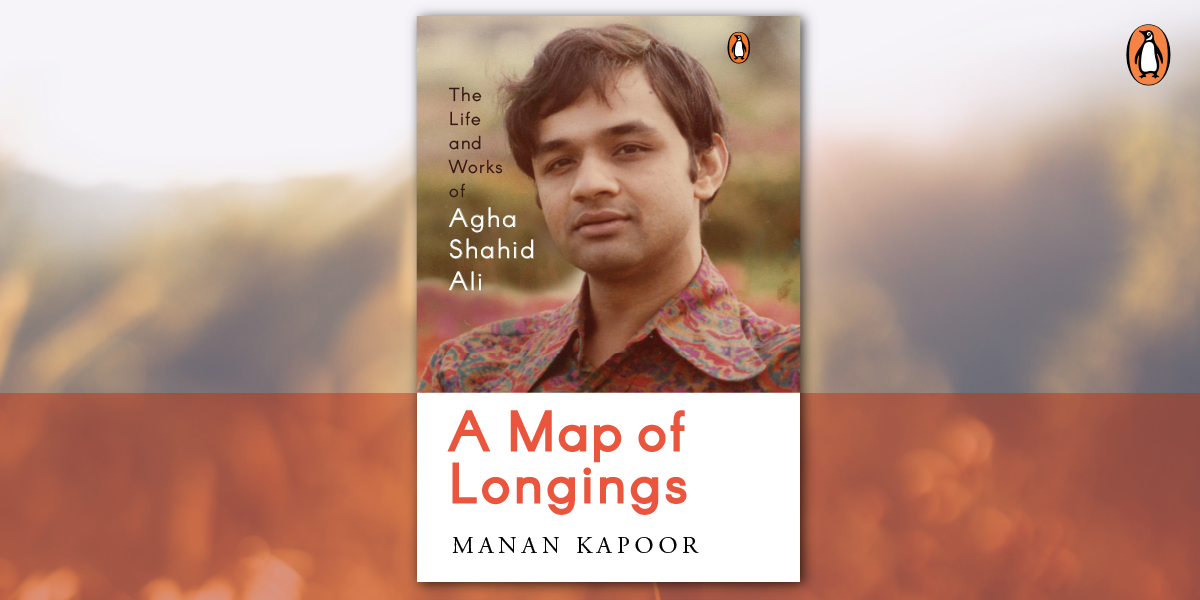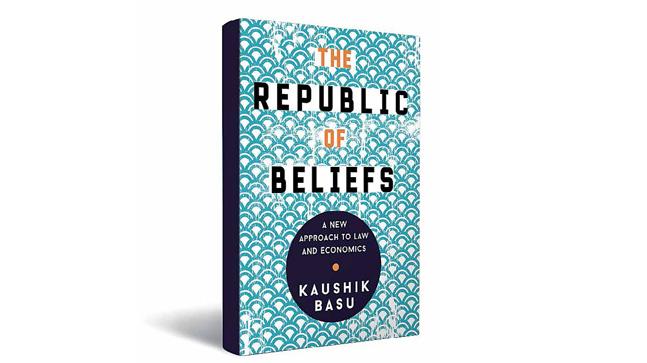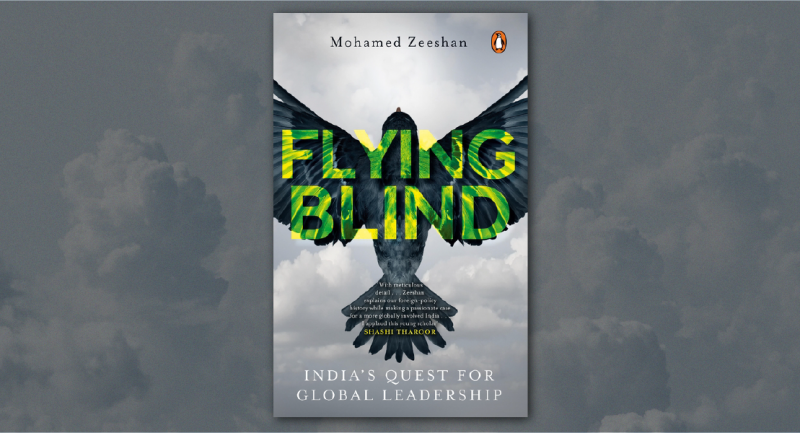
Agha Shahid Ali is widely regarded as one of the finest poets from the Indian subcontinent, and his works are read across the world, touching millions of lives.
In A Map of Longings, Manan Kapoor explores the concerns that shaped Shahid’s life and works, following in the footsteps of the ‘Beloved Witness’ from Kashmir to New Delhi and finally to the United States. Here is an excerpt from the introduction of the book.

A Map of Longings: Life and Works of Agha Shahid Ali
Manan Kapoor
My first formal encounter with poetry happened through my mother, who, looking at the lilies that bloomed in our garden each spring, quoted from T.S. Eliot’s ‘The Waste Land’: ‘April is the cruellest month, breeding / Lilacs out of the dead land, mixing / memory and desire.’ But it could also very well have been through the renditions of the ghazals of Mirza Ghalib that my father played so often. I cannot recall which came first, but the magical presence of poetry during my formative years had caused a wound. This wound opened itself once again in my teenage years when I first read a poem by Agha Shahid Ali.
I vividly remember reading poems like ‘A Rehearsal for Loss’, ‘Stationery’ and his famous one-liners, ‘Suicide Note’ and ‘On Hearing a Lover Not Seen for Twenty Years Has Attempted Suicide’ (a poem whose title is longer than the body), and marvelling at the sheer simplicity and clarity—there was something ineffable about his language that instantly took a hold of me. Years later, I was informed by his brother, Agha Iqbal Ali, that Shahid had singled out some short poems like ‘Stationery’ as crowd-pleasers that he would open his readings with to charm the audience. The trick had worked on me, and over the next few years, the more I read, the more Shahid reeled me in.
I could also say, at the risk of romanticizing the past, that I became aware of Shahid at just the right moment, when I was ready for him. The years leading up to my first novel, The Lamentations of a Sombre Sky, were also the years of my political coming of age. Throughout my bachelor’s degree, I was working on a novel set in Srinagar in the early ’90s. Although I read numerous accounts of writers and journalists, I fell back, naturally, on Shahid’s collection The Country without a Post Office, only to realize that no one— absolutely no one—was a match for him. Eventually, I ended up using a couplet from Shahid’s ghazal ‘Of Light’ as the epigraph to a section of my novel. Although the political subject matter of the collection was important, it was the aesthetic sensibility, reflected in his language, that made it remarkable. Much later, I read in an interview that Shahid always placed the aesthetic value over the subject matter of his poems.2 For three years leading up to the publication of my novel, I had used Shahid’s works as a lens through which I saw and understood Kashmir. In time, however, the lens itself became the object, which I started looking at from a fresh set of eyes.
I suspect that one of the reasons I fell in love with Shahid was because his poems mapped all the languages, cultures and worlds that I believed I belonged to. Shahid was completely South Asian and completely cosmopolitan at the same time, and in his poems, I could sense the presence of both Ghalib and Eliot, of the West as well as the subcontinent. But as I delved into his work, I discovered that there were more layers than I could have ever imagined.
Shahid was a beneficiary of three cultures—Hindu, Muslim and Western—and at his home, poetry was recited in four languages—English, Urdu, Persian and Kashmiri. Although he wrote in English, his poems, in essence, captured the sensibilities of all these languages and traditions. His father, Agha Ashraf Ali, was an educationist with socialist inclinations and introduced him to the ideas of Mahatma Gandhi, Jawaharlal Nehru and Martin Buber, while his mother, Sufia Agha, a Sunni Muslim from Uttar Pradesh, sang bhajans to him and dressed him as Krishna for Janmashtami. While on the one hand his paternal grandmother, Begum Zafar Ali, was a devout Shia Muslim who taught him about Islam, on the other hand he went to a Catholic school and, throughout his formative years, was fascinated by Christ. I soon realized that Shahid was the sum total of these different cultures and learnt from all of them, that he never viewed them as contradictions but simply as different world views that later coalesced in his poetry.
This first definitive biography of Agha Shahid Ali offers a rich portrait of the poet and the world he inhabited.









